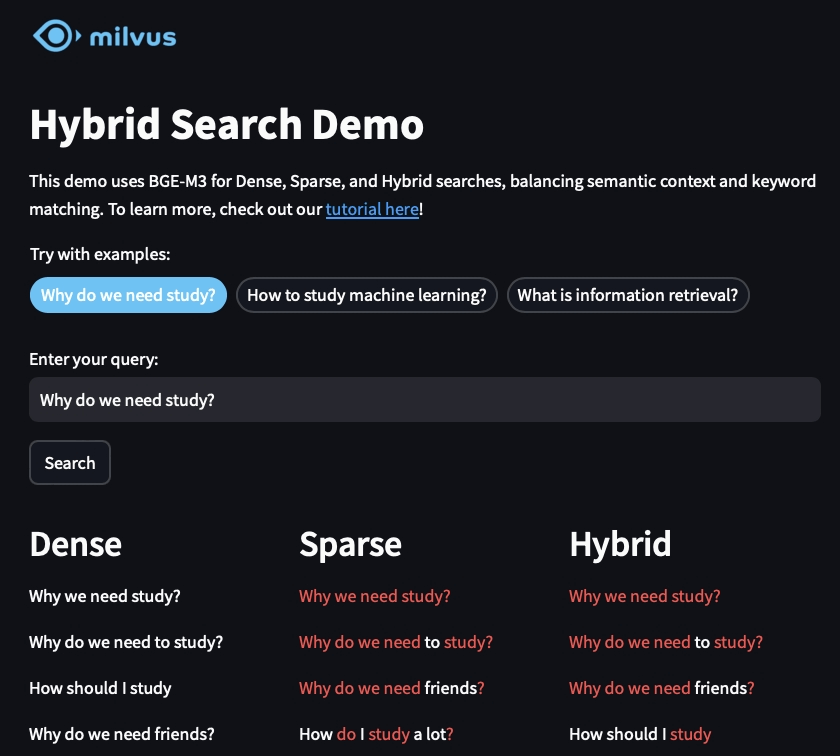Indexing significantly improves full-text search performance by creating a structured map of the content, enabling fast lookups instead of scanning every document. Without an index, a search engine would need to read and analyze every piece of text in a dataset to find matches, which becomes impractical as data grows. For example, searching for the word “database” in a blog platform with millions of articles would require scanning every article’s text, leading to slow response times. An index acts like a dictionary, listing terms and their locations, allowing the system to jump directly to relevant documents. This reduces the computational effort from linear (O(n)) to logarithmic (O(log n)) or even constant (O(1)) time complexity, depending on the index type.
The structure of the index plays a key role. Full-text indexes often use inverted indexes, where each unique term (or token) is mapped to the documents and positions where it appears. For instance, if the term “query” appears in documents 5, 12, and 20, the index stores this mapping. Tokenization—splitting text into words, removing stopwords (e.g., “the,” “and”), and applying stemming (reducing words to roots like “running” → “run”)—optimizes storage and query accuracy. Advanced indexes may also store metadata like term frequency or proximity, which helps rank results by relevance. For example, a search for “quick brown” can use positional data to prioritize documents where these words appear next to each other, rather than scattered.
However, indexing introduces trade-offs. Building and maintaining indexes requires storage and computational resources. Adding new documents or updating existing ones triggers index updates, which can slow write operations. For instance, a real-time messaging app with heavy write traffic might see delays if full-text indexing is applied to every message. Developers must balance these costs by choosing partial indexing (e.g., indexing only specific fields) or asynchronous index updates. Additionally, improper configuration—like omitting language-specific tokenization rules—can reduce search accuracy. For example, German compound words like “Donaudampfschiff” might not be split correctly without proper analyzers, leading to missed matches. Properly tuned, indexing remains essential for efficient, scalable full-text search.
